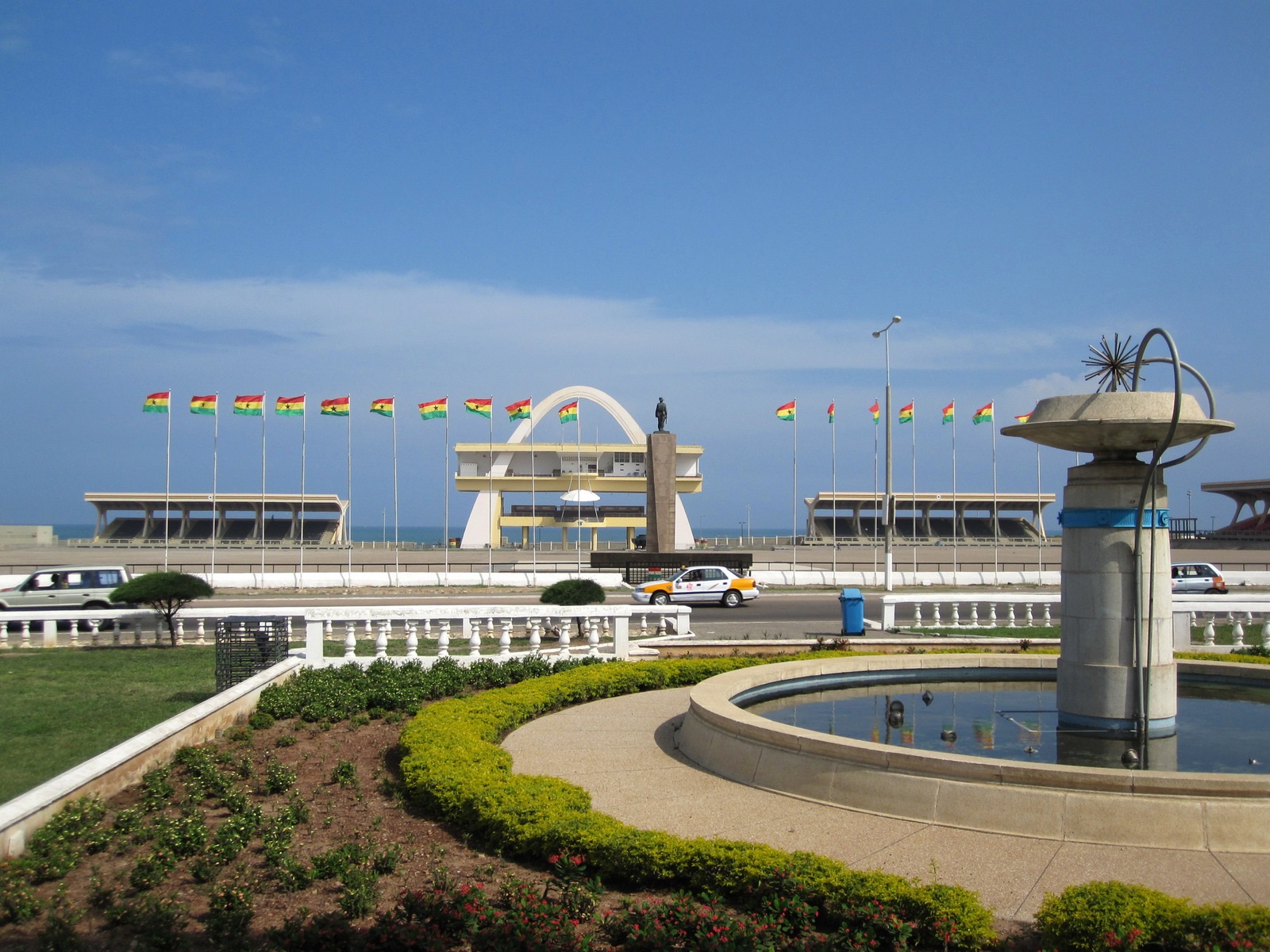Politics
Coup d’états: Is democracy under pressure?

Democracy, as we have learned, is not a one-size-fits-all; different regions of the world have various forms of democracy.
Clearly, democracy is a process and method of leadership selection; it is not a form of government as was alluded to by Parag Khana, a global expert on globalisation (some will argue that it is indeed a form of government).
He makes the case that the forms of government are vastly diverse across the different forms of democracy (multiparty, parliamentary system, presidential republic, etc.).
The phrase: “democracies are” might not be the right word. Since there is no one standard definition of the best form of democracy.
While some democracies are doing well, others are failing. The question to be asked in Ghana is: “What is the right model of democracy that will fit our cultural construct?” We adopted a Constitution, which was a mixture of British and American systems.
Stable
Ghana is a stable, democratic country with a history of successful political transitions, a free press, an active civil society and an independent judiciary.Ghana has held eight free and fair elections since 1992 and continues to address challenges –such as corruption, poor governance and natural resource management, conflict and weak accountability systems in the public sector — to becoming a self-reliant, resilient democracy.Trust in the Electoral Commission (EC), courts and police has plummeted to unprecedented lows, according to the latest Afrobarometer survey in 2024.Builders Mall Ghana
Coups
The Cambridge Dictionary defines a coup d’état as a sudden defeat of a government through illegal force by a small group, often a military one.
Ghana experienced five coups during the 1960s and 1970s, before military leader Jerry Rawlings overthrew Hilla Limann in 1981, ushering in Ghana’s Fourth Republic. Since 1992, there have been no reports of attempted coups.
The Fourth Republic has been spared with no coup d’états so far. Captain Maclean (Governor of the Gold Coast 1831-1843) governed, mixing Akan and British concepts, and he was respected by all as fair. However, we developed a constitution that was a blend of American and French constitutions in 1992.
Most of the African states wrote their constitutions after independence. At that moment, most African nationals saw their freedom fighters as liberators from colonial rule.
They envisaged them as Messiahs and wanted them to have maximum power to further protect them. Their emotional fear was for them to protect themselves from the white man. Hence, they wanted powerful states to defend them against neo-colonialists.
Corruption, with time, became a big issue in Africa. Because of this gap, most of the cases adjudicated in our courts do not sit well with our traditional values and increasingly lead to a lot of tensions. We see it in the length of time taken to handle cases in our courts.
Lessons
The clear lesson here: you cannot govern a group of people when you do not have their interest at heart, and laws that do not reflect the traditional practices of people also tend to be problematic.
The current governance challenges in Ghana and most parts of Africa also have to do with the mistrust of the government by the people. There is a lack of honesty and integrity.
In fact, in most instances, being honest will make it difficult for you to thrive; being dishonest will make you survive. This is not the democracy we want to develop.
The fundamentals of democracy are honour and trust. This is what I will term Democracy 101. When these basics of democracy are lacking in a country, that to me is a coup d’état.
It is about time we re-examine the definition of coup d’état. The old understanding based on military men disrupting a democratic system ought to be revisited.
Once there is a lack of integrity and honour, lack of accountability, fair procedures and systems, we already have coup d’états. This implies that in critical institutions, such as the judiciary and public institutions, the process of appointment should be transparent and the individuals should have unquestionable character.
Any flaws in these appointments amount to a coup d’état. The tools for governance are soul, reciprocal confidence, trust and shared dreams. Once trust is diminished, the rule of law is weakened, and citizens’ perception of corruption is high, that is a breakdown of the democracy, which, to me, constitutes a coup d’état.
It is about time we reexamined the definition of a coup d’état. Do we stick to our dictionary definition of coup d’état or do we revisit the definition?
The writer is a Public Health Physician Specialist, Korle-Bu Teaching Hospital/Lecturer, Health Policy & Health Systems, University of Ghana Medical School.
Source: Graphic Online




